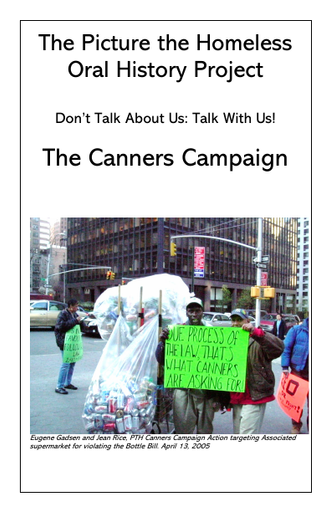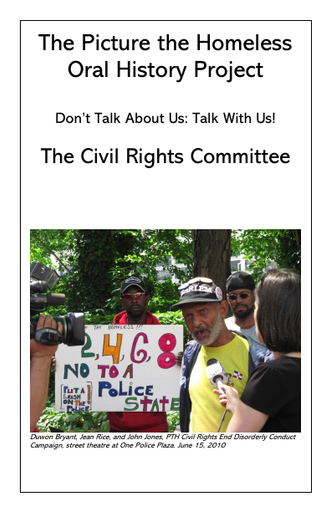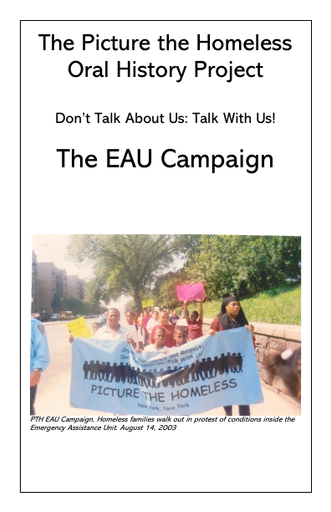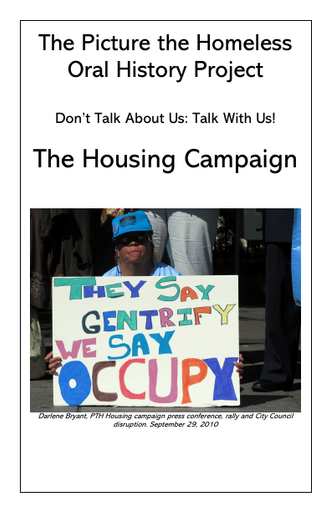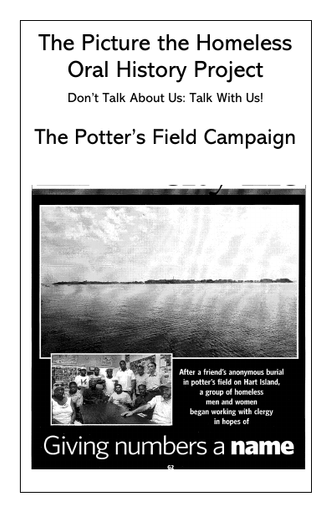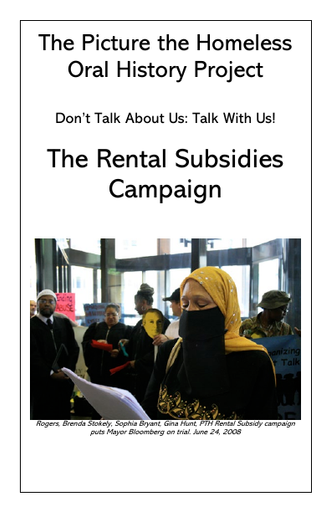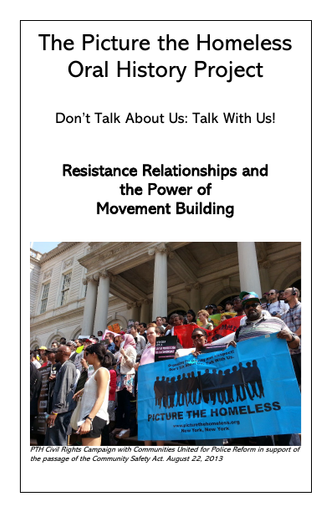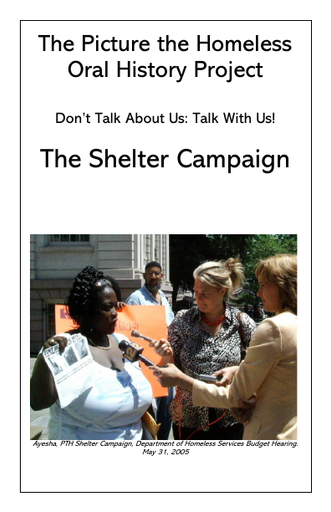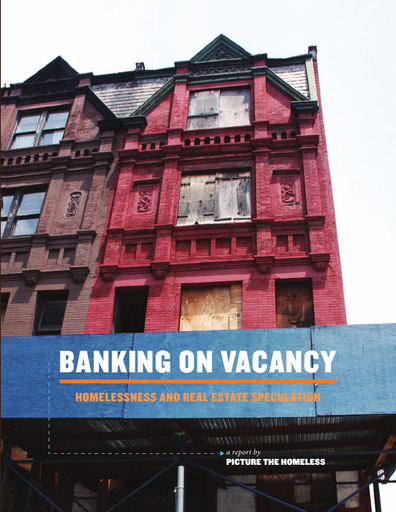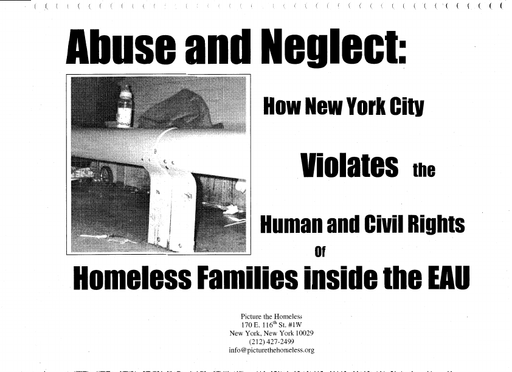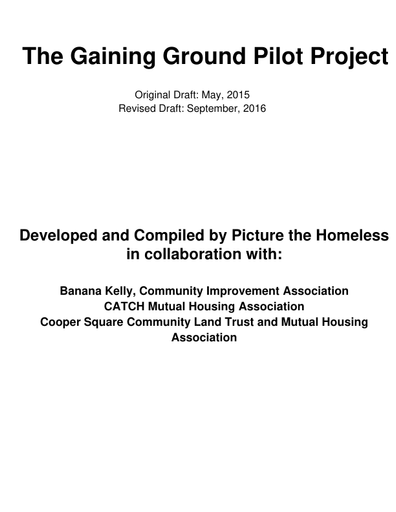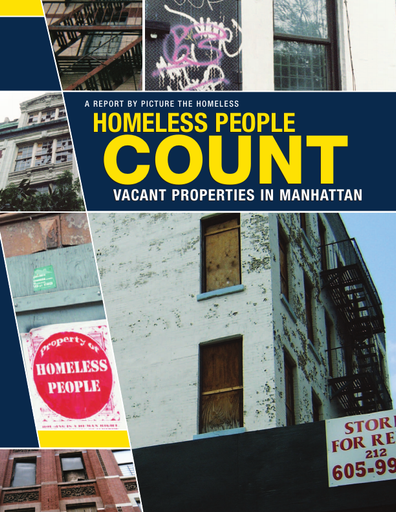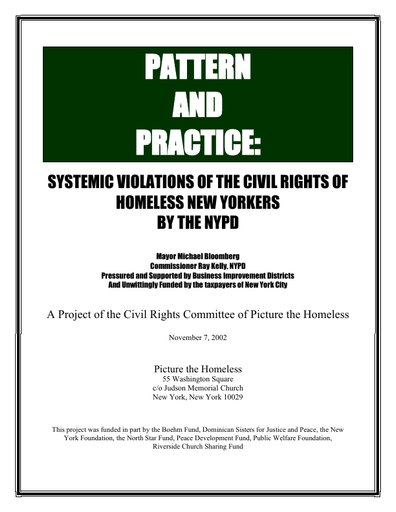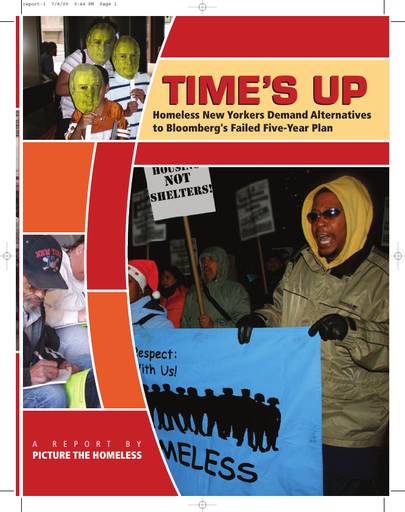Picture the Homeless
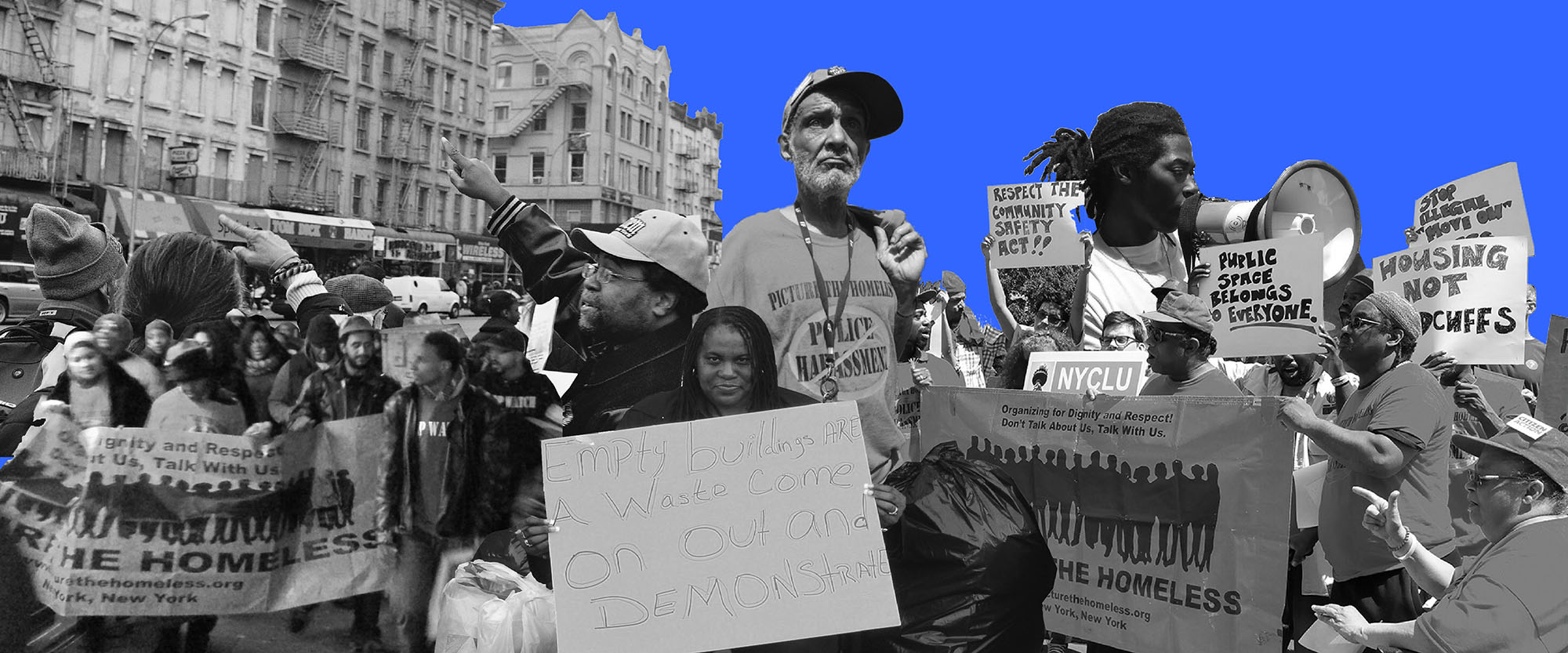
About
The Picture the Homeless Oral History Project documents an organizing approach that supported the collective political leadership of homeless New Yorkers over a twenty year period. The interviews and archive combine to reveal the impact of that work on members, staff, allies, and the social justice movement and it places the struggles of homeless New Yorkers within a broader movement history.
Picture the Homeless (PTH) waged organizing campaigns that addressed the root causes of homelessness, knowing that doing so could made all of NYC a better place. PTH members and staff educated themselves and the rest of the movement about real solutions to homelessness, using a diversity of tactics including creative direct action, civil disobedience, street theatre, participatory action research, self-published reports, mutual aid, Know Your Rights and public education, legislation, litigation, media and coalition work, the creation of an organizer trainee program and Homeless Organizing Academy and an appreciation of celebration, fun and love. The fruit of PTH's labor reverberates throughout the housing and social justice movement today.
Oral history is a tool for resistance. If movements don't create space for the most marginalized folks to shape social justice struggles, and to lead them, we are subject to replicate the systems of oppression that we aim to end. This project is offered in the spirit of mutual aid and solidarity to strengthen the efforts of homeless and poor folks organizing for justice and respect.
Oral Histories
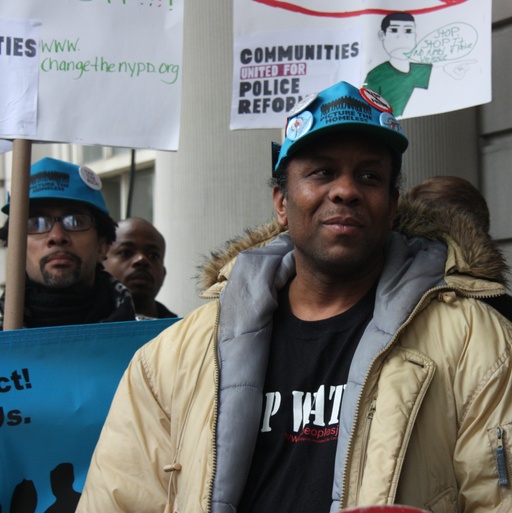 Andres Perez
Andres Perez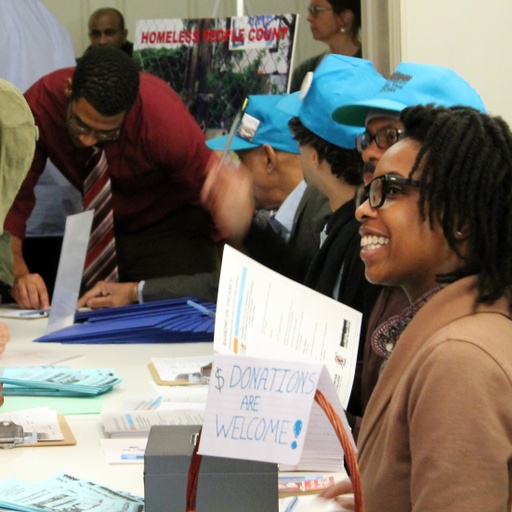 Anika Paris
Anika Paris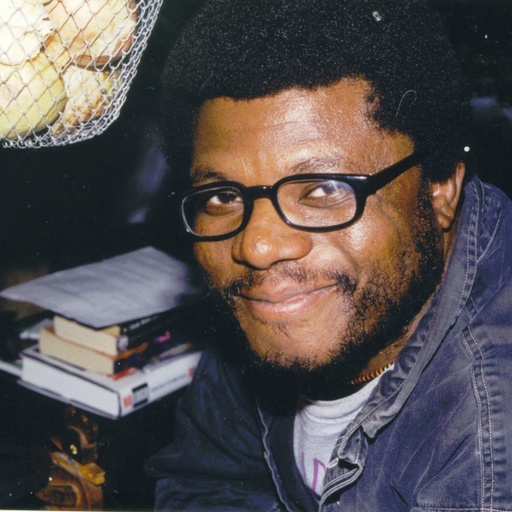 Anthony Williams (Interview 1)
Anthony Williams (Interview 1)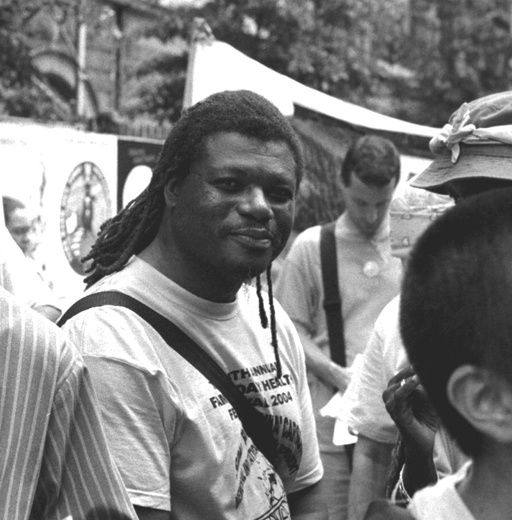 Anthony Williams (Interview 2)
Anthony Williams (Interview 2)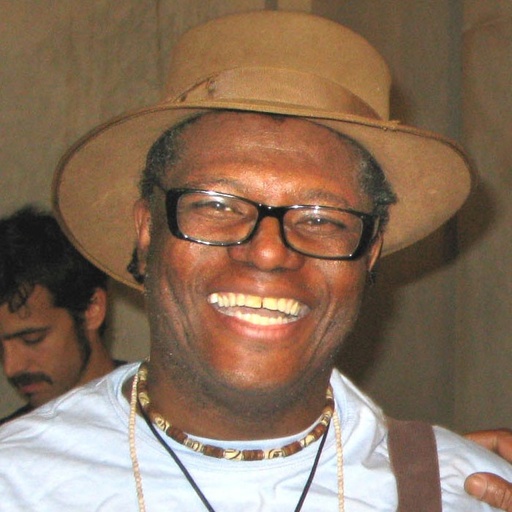 Anthony Williams (Interview 3)
Anthony Williams (Interview 3)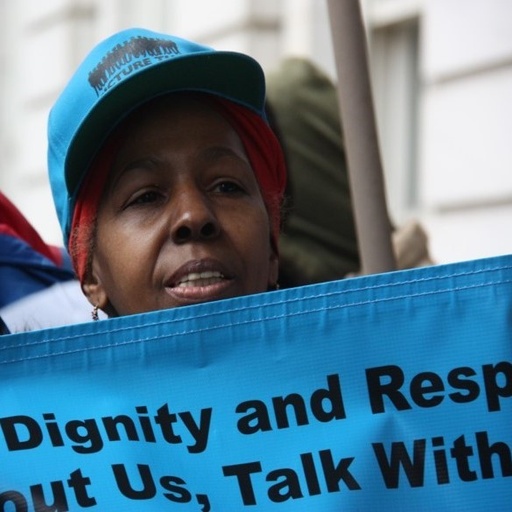 Arvernetta Henry
Arvernetta Henry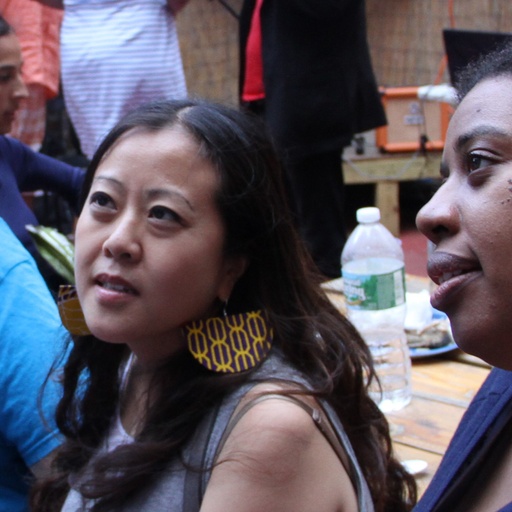 Betty Yu
Betty Yu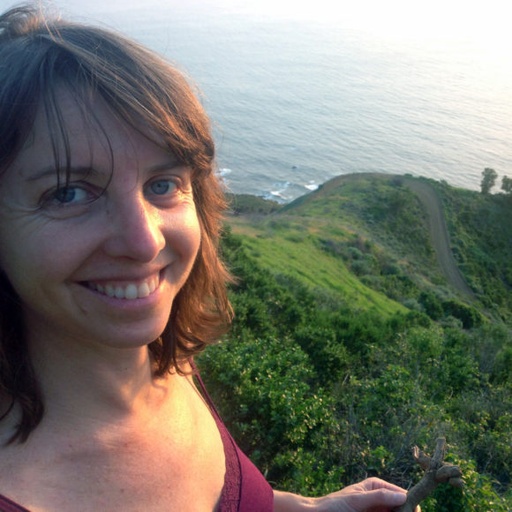 Brooke Lehman
Brooke Lehman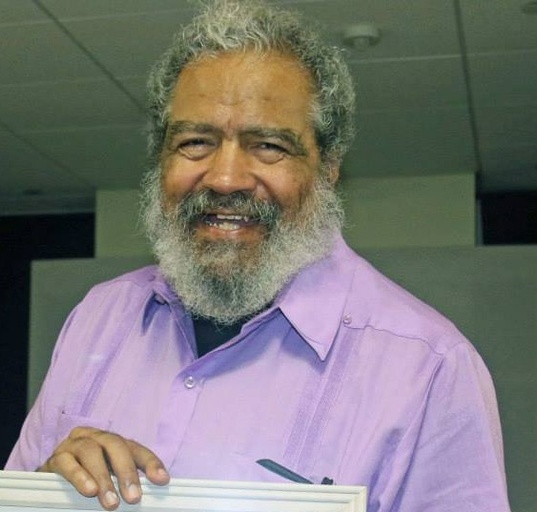 Carlos Chino Garcia
Carlos Chino Garcia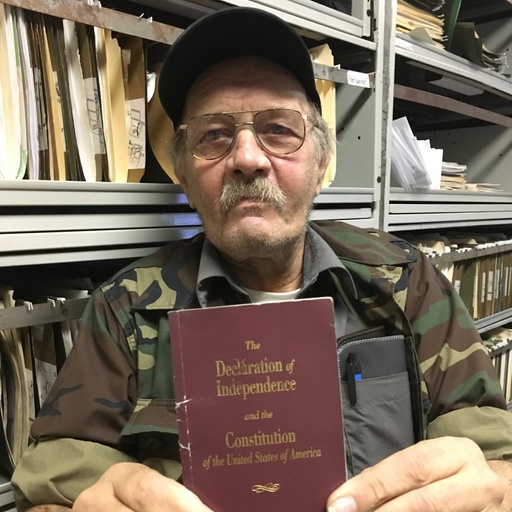 Charley Heck
Charley Heck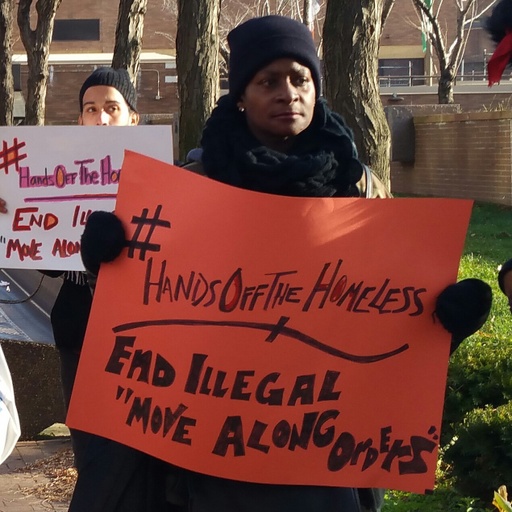 Charmel Lucas
Charmel Lucas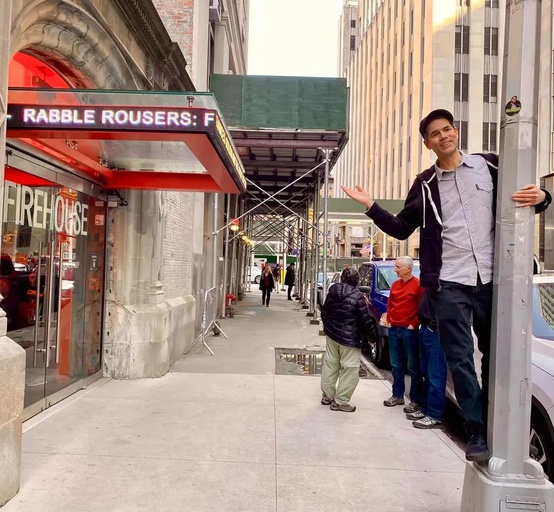 Dave Powell
Dave Powell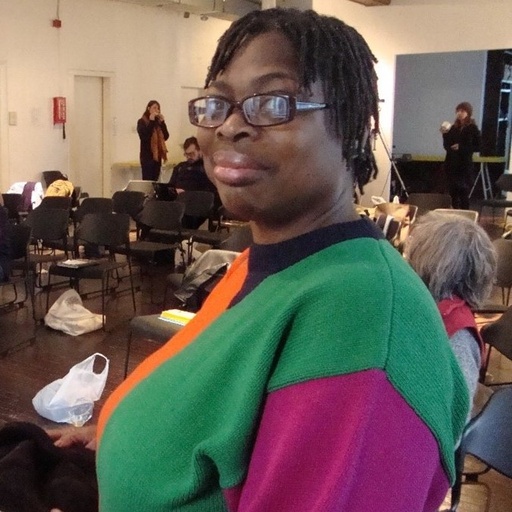 DeBoRah Dickerson (Interview 1)
DeBoRah Dickerson (Interview 1)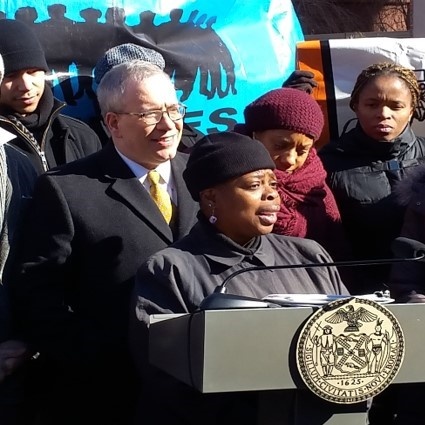 DeBoRah Dickerson (Interview 2)
DeBoRah Dickerson (Interview 2)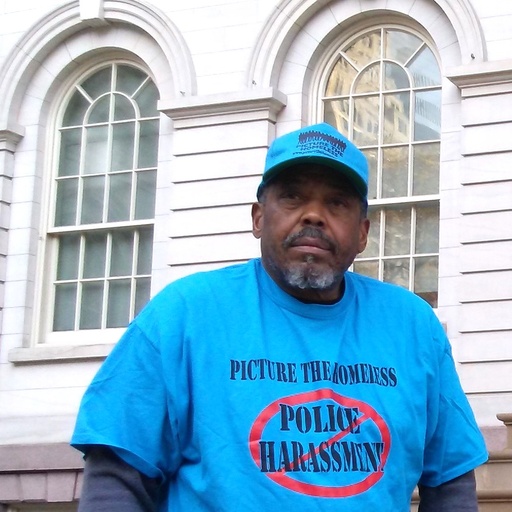 Floyd Parks
Floyd Parks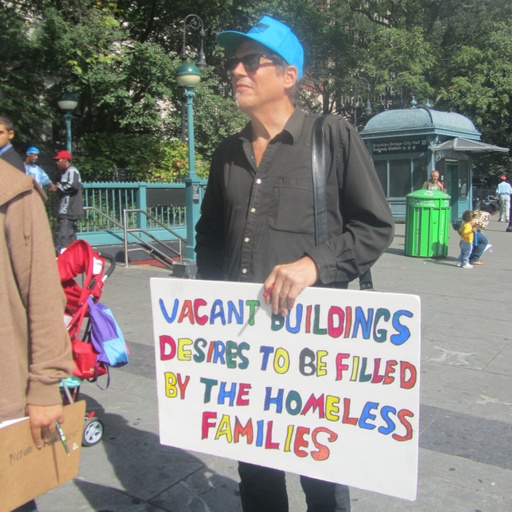 Frank Morales
Frank Morales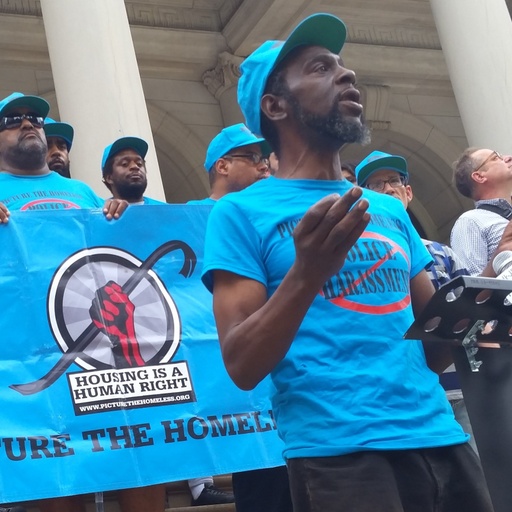 James Doctor
James Doctor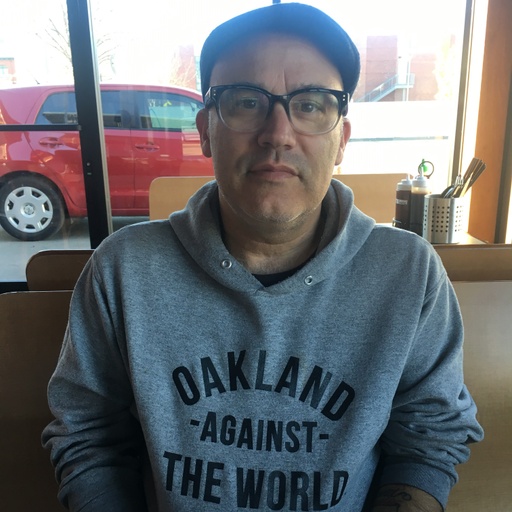 James Tracy
James Tracy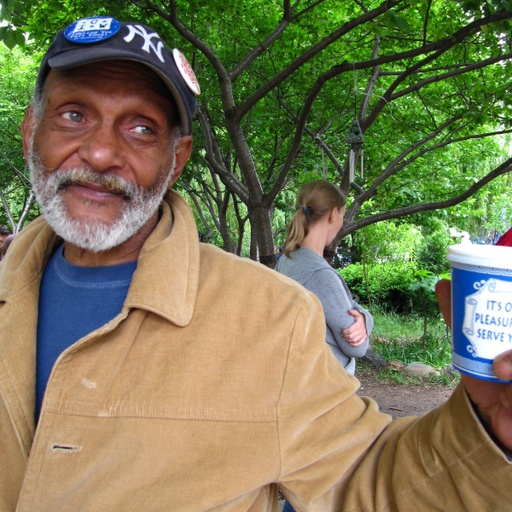 Jean Rice (Interview 1)
Jean Rice (Interview 1)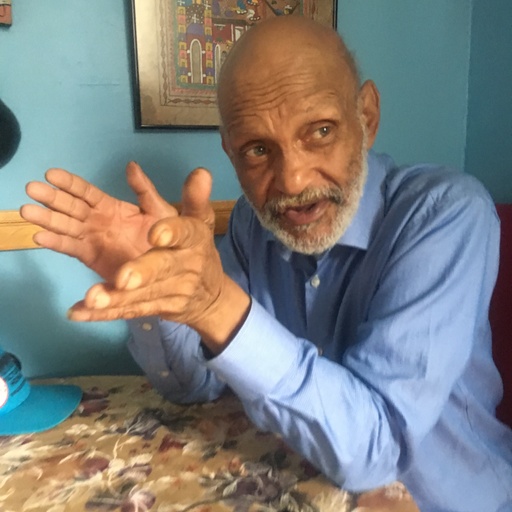 Jean Rice (Interview 2)
Jean Rice (Interview 2)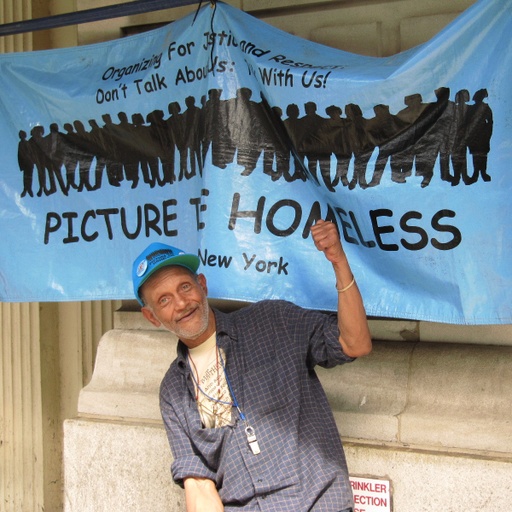 Jean Rice (Interview 3)
Jean Rice (Interview 3)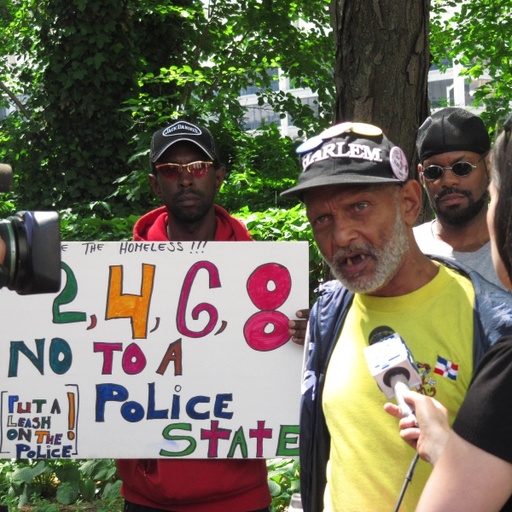 Jean Rice (Interview 4)
Jean Rice (Interview 4)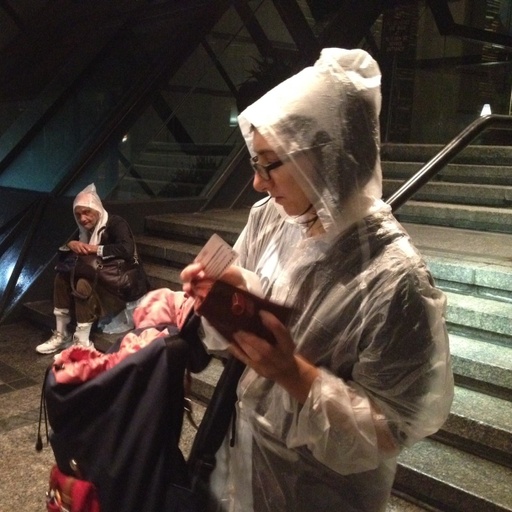 Jenny Akchin
Jenny Akchin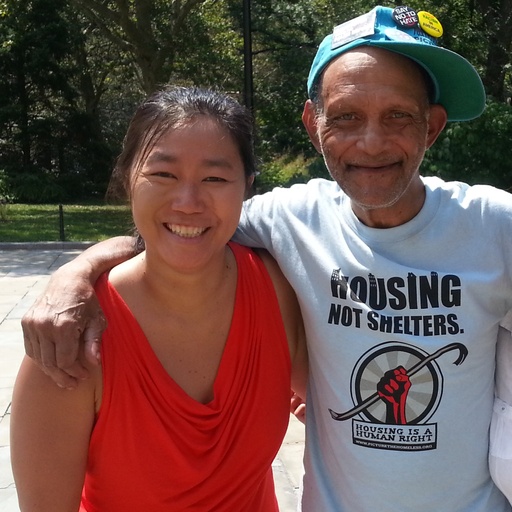 Joo-Hyun Kang
Joo-Hyun Kang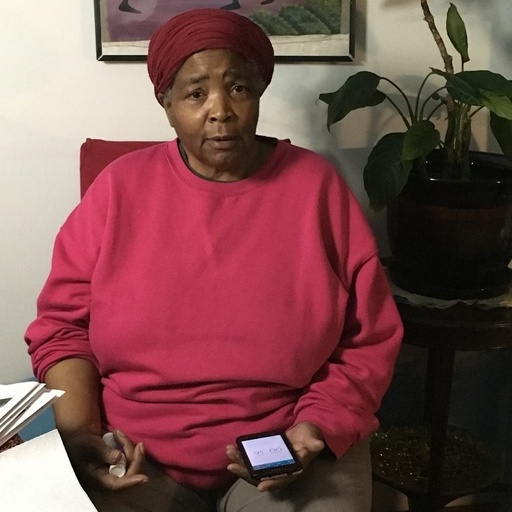 Kay Samuels
Kay Samuels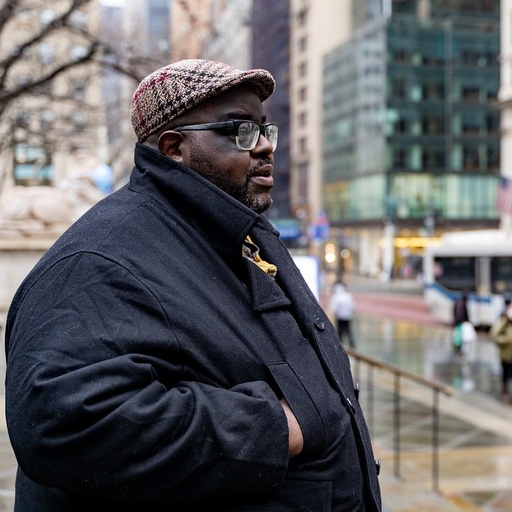 Kazembe Balagun
Kazembe Balagun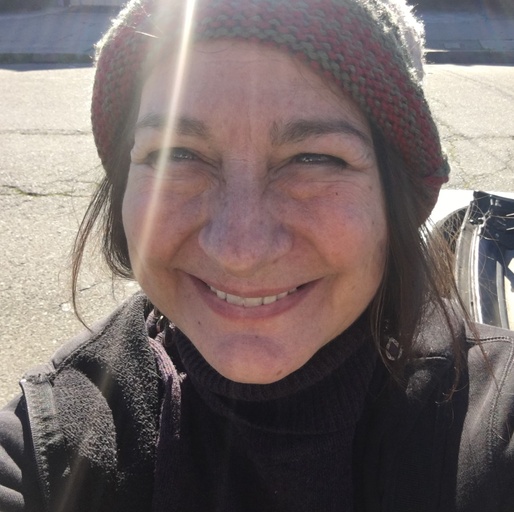 Lynn Lewis
Lynn Lewis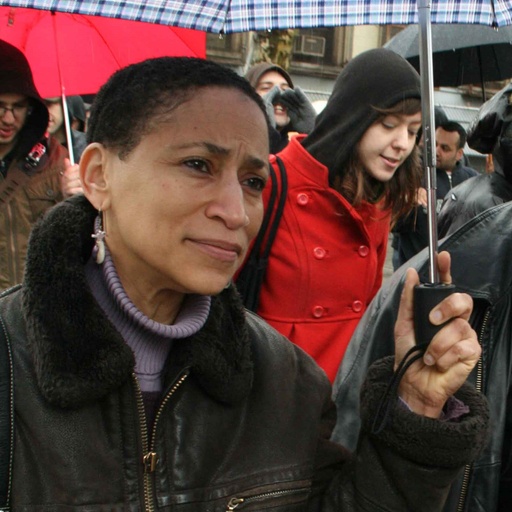 Lynn Roberts
Lynn Roberts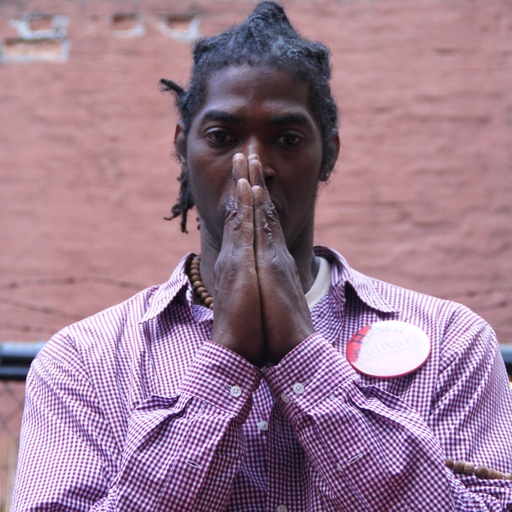 Marcus Moore (Interview 1)
Marcus Moore (Interview 1)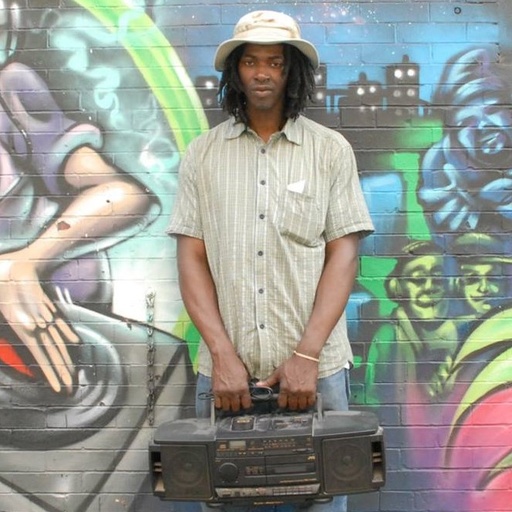 Marcus Moore (Interview 2)
Marcus Moore (Interview 2)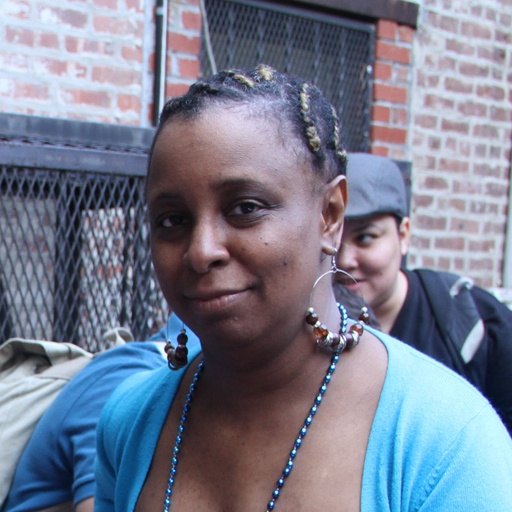 Maria Walles
Maria Walles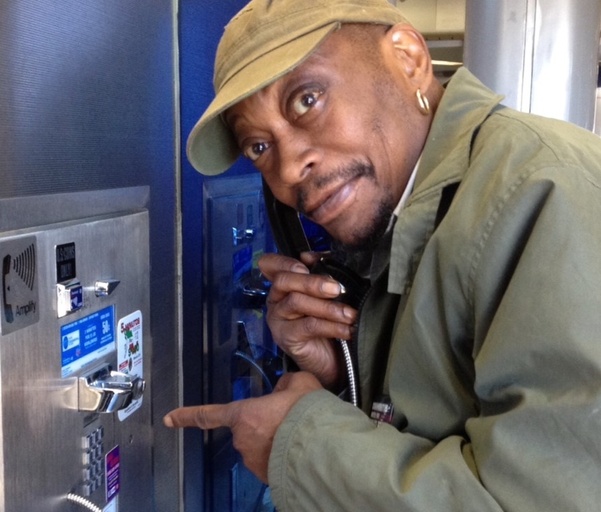 Nikita Price
Nikita Price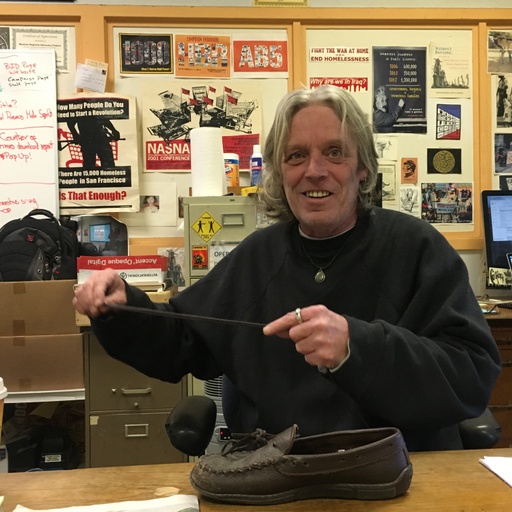 Paul Boden
Paul Boden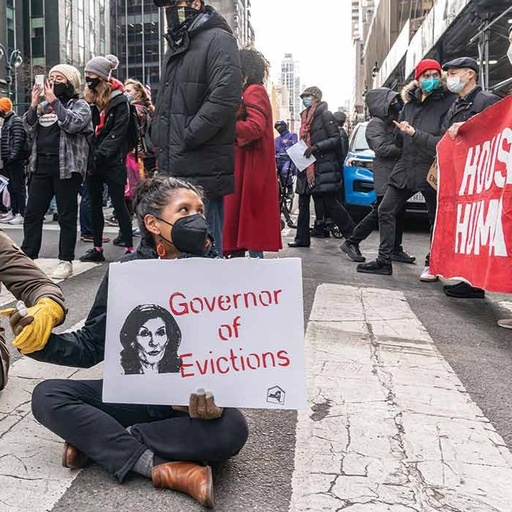 Raquel Namuche Pacheco
Raquel Namuche Pacheco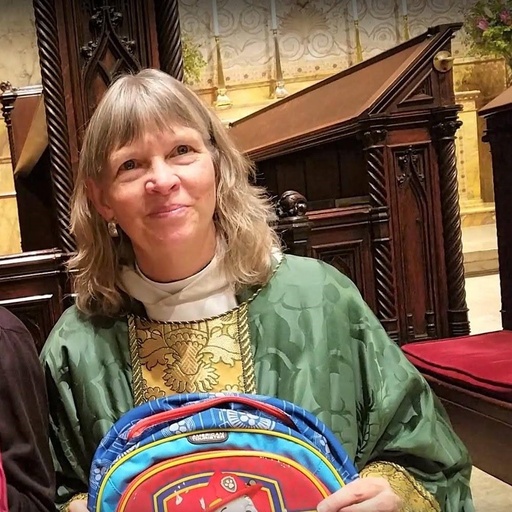 Rev. Elizabeth Maxwell
Rev. Elizabeth Maxwell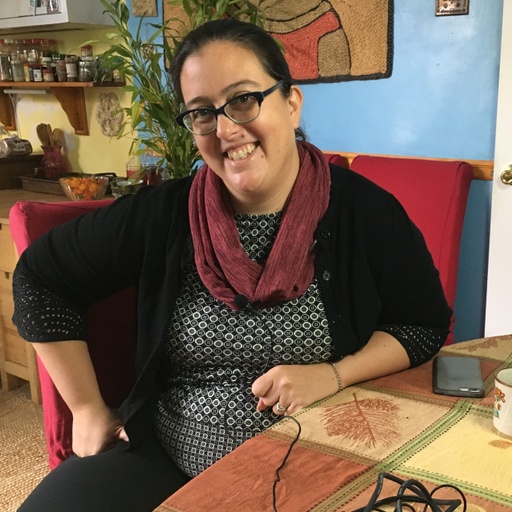 Rev. Liz Theoharis (Interview 1)
Rev. Liz Theoharis (Interview 1)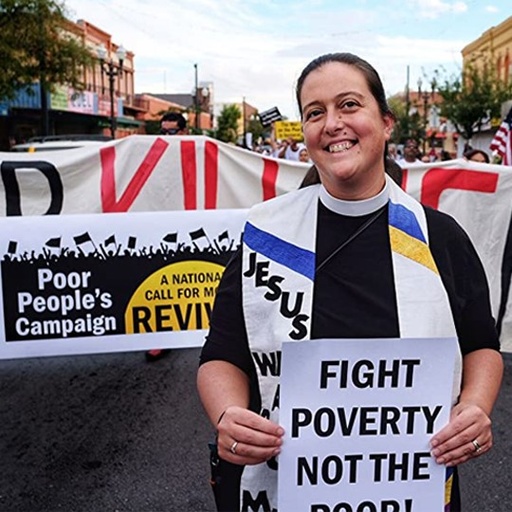 Rev. Liz Theoharis (Interview 2)
Rev. Liz Theoharis (Interview 2)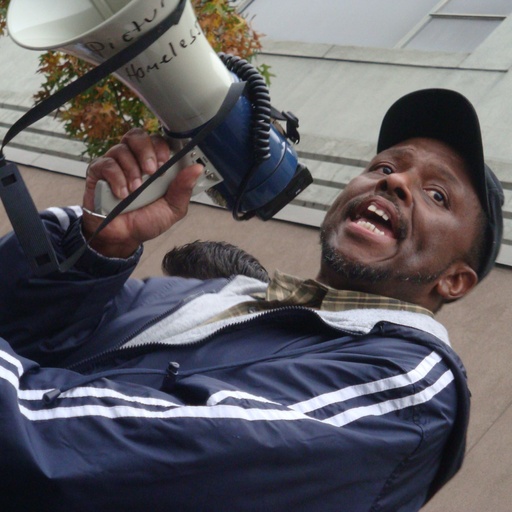 Rob Robinson (Interview 1)
Rob Robinson (Interview 1)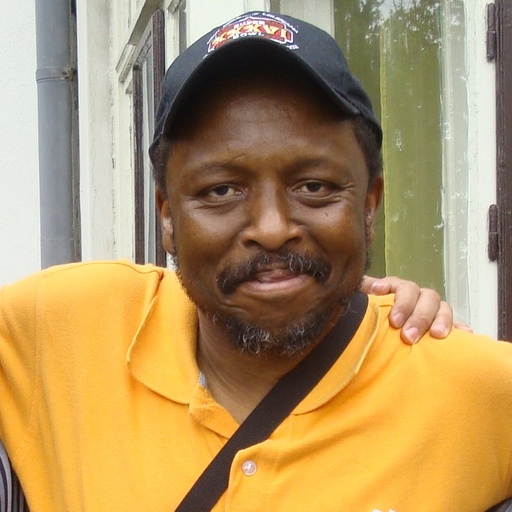 Rob Robinson (Interview 2)
Rob Robinson (Interview 2)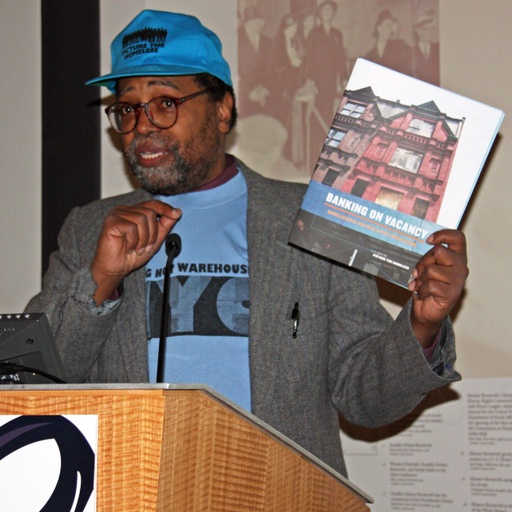 Rogers
Rogers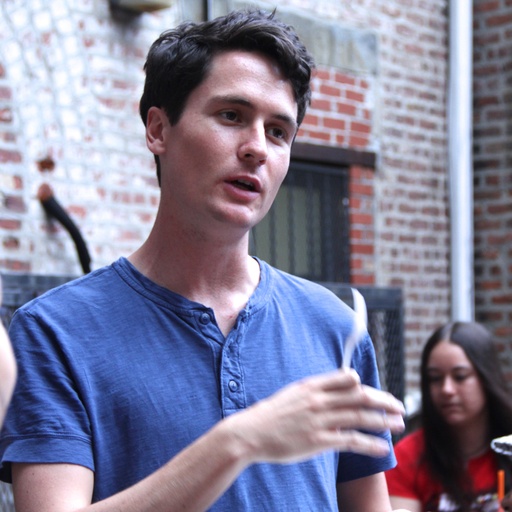 Ryan Hickey (Interview 1)
Ryan Hickey (Interview 1)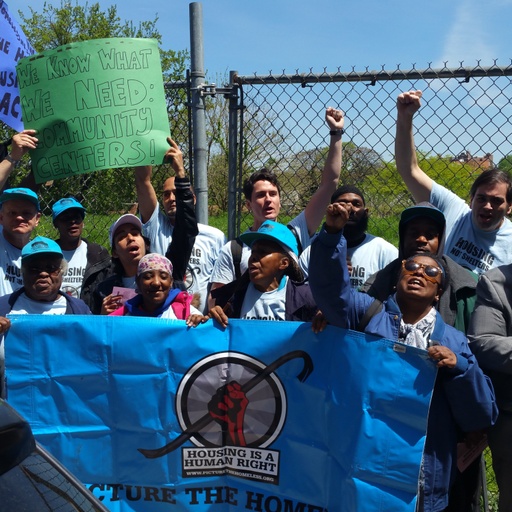 Ryan Hickey (Interview 2)
Ryan Hickey (Interview 2)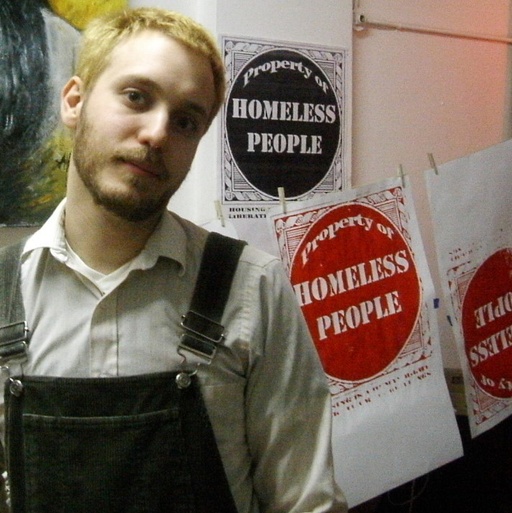 Sam J. Miller
Sam J. Miller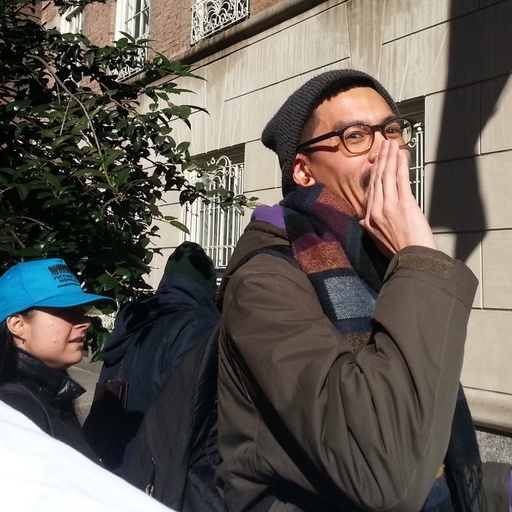 Shaun Lin
Shaun Lin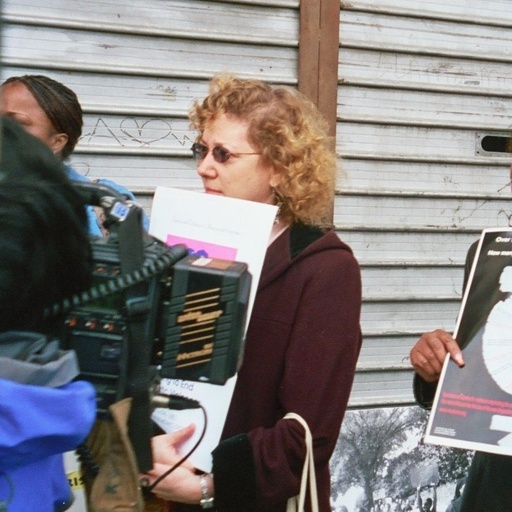 Sue Lob
Sue Lob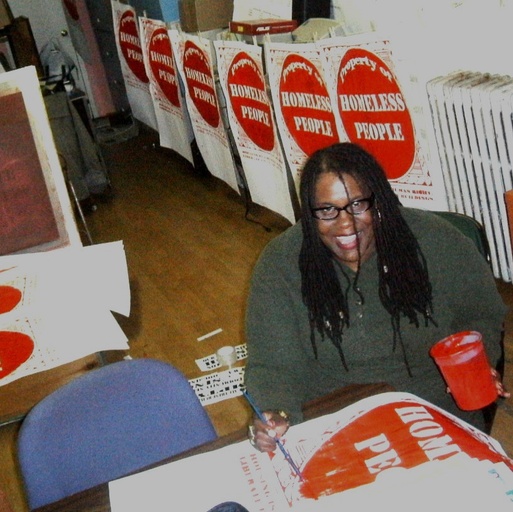 Tyletha Samuels
Tyletha Samuels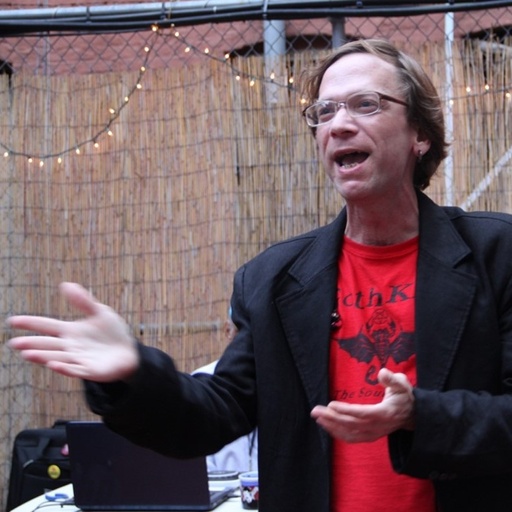 William Burnett (Interview 1)
William Burnett (Interview 1)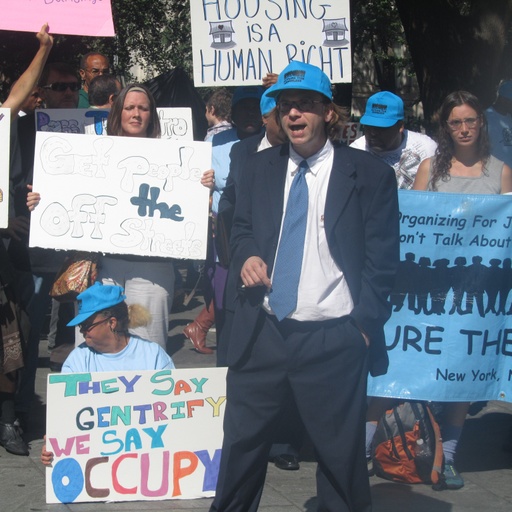 William Burnett (Interview 2)
William Burnett (Interview 2)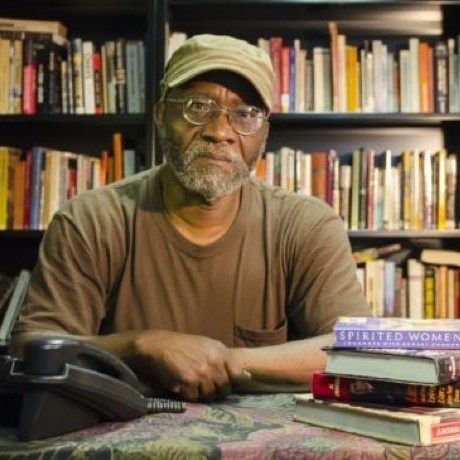 Willie Baptist (Interview 1)
Willie Baptist (Interview 1)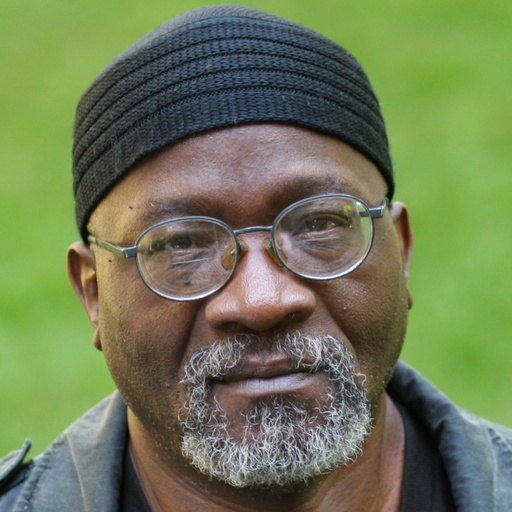 Willie Baptist (Interview 2)
Willie Baptist (Interview 2)
Archive
Picture the Homeless has an extensive archive of photographs, videos, news, and other organizing material to share. Please feel free to navigate through such material as well as some of the reports developed as part of the Picture the Homeless' campaigns included below.
Popular Education
Popular education materials have been created from the oral history interviews and archival materials.
To access the popular education materials produced by Picture the Homeless for the Homeless Organizing Academy or to advance PTH's campaign work, visit the archive section, under organizing materials.
Reports
Values, Purpose, and Methods
The Picture the Homeless Oral History Project's approach combines elements of oral history research, community organizing principles and participatory action research methods. We call this approach Participatory Oral History Research, and have identified strategies applicable to any oral history project.
OUR VALUES are rooted in the following:
- People most harmed by injustice must be at the center of leadership for social change – including and especially folks harmed by multiple systems of oppression
- Respect for each person’s capacity to analyze the meaning of historic events and the conditions of our own lives
- Research must benefit a communities goals as they define them, and not be extractive or prescriptive
- Accountability to narrators through on-going engagement benefits each stage of the project
OUR PURPOSE is to identify the conditions at PTH that supported homeless New Yorkers to not only stay involved, but to deepen their participation and commitment. In light of the extremely challenging circumstances homeless members were experiencing, we acknowledge the beauty and sacrifice of this work.
OUR METHODS:
Documentation: Fifty-one interviews were conducted with thirty-six different narrators between September 2017 and April 2023. The initial narrators were homeless and formerly homeless PTH members and former staff with ten years or more active participation with the organization. We expanded that to include members who worked on specific campaigns for which additional content was needed. Narrators reviewed their transcripts and edited them as needed and each were offered the opportunity for additional interviews.
Analysis: There are common, overarching themes across all of the interviews. The narrators share a set of values and experiences. In many cases these values and experiences brought them to PTH, and they are what kept them in relationship to PTH, and to one another.
Preservation: The PTH Oral History Project uses a range of preservation strategies, with an eye to the near and distant future. This website and our popular education pieces serve as an archive, accessible today. As we develop additional popular education pieces they will be available here. We are also donating the collection to the Tamiment Library and Robert F. Wagner Labor Archives at NYU where they will be preserved and available for the long term.
Education: By creating multiple entry points to engage with the project, including making popular education pieces, we hope to maximize accessibility and amplify lessons.
THEMES AND KEYWORDS
There are overarching themes present in every interview, indicating their significance to PTH’s organizing approach. The strong and consistent set of overarching themes also reflects who was interviewed for this project - long time homeless leaders, staff and political allies all invested in PTH's mission. These themes offer invaluable lessons for organizing homeless/unhoused folks, as well as organizing in general.
The overarching themes are grouped into two categories. The first seven themes below describe the internal pillars of PTH’s approach to organizing and the final three themes are the external contexts identified by each narrator. The following themes are interrelated and form the basis of PTH's approach to organizing:
- Being Welcoming
- Representation
- Education
- Leadership
- Justice
- Resistance Relationships
- Collective Resistance
- Individual Resistance
- Race
- The System
Additional reflections on what the overarching themes of the Picture the Homeless Oral History Project teach us about PTH's approach to organizing can be found HERE.
KEYWORDS:
Keywords are specific events, processes or things (such as sleep-outs, vacant buildings, gentrification, police violence). In some cases, what is interpreted as a keyword for the purpose of this oral history project may be considered a theme of an individuals oral history interview. For example, several narrators describe the importance of faith in their lives. Because this oral history project aims to document an organizing methodology, the themes identified by the oral history project are themes that are present in every interview.
Team and Collaborators
Lynn Lewis founded the Picture the Homeless Oral History Project after working at PTH for seventeen years. Leaving PTH to study oral history, her goal was to document and preserve this work, recognizing that histories of resistance and movement lessons are lost when they aren’t documented, analyzed, and made widely accessible.
The projects Advisory Board convened in the fall of 2017. Comprised of some of the initial narrators, our relationships with one another and interest in this project enriched our analysis. During those monthly sessions, as well as over phone calls and meals, we deepened our understanding of the ways in which oral history can be a tool for social change. We held listening and collective transcript review sessions, created a transcript "lending library", uploaded transcripts to google docs for collective commenting and brainstormed ways to share the project. We held public events before COVID hit NYC, in March of 2020. Initial advisory board members were Andres Perez, Anthony Williams, Arvernetta Henry, DeBoRah Dickerson, Jean Rice, Marcus Moore, Nikita Price, Rob Robinson, Rogers, Tyletha Samuels, William Burnett.
COVID interrupted our in-person meetings. We regrouped over zoom and Anthony Williams, Rob Robinson, and William Burnett remained actively engaged and met on a monthly basis through May 2023. Much like organizing, there is a fluidity to roles over time. While many of the initial advisory board members no longer participated in the monthly calls, their influence on the project continues via their feedback on popular education materials as well as planning and supporting the project’s public events.
Two advisory board members passed away during the past three years, and their absence is deeply felt. Nikita Price transitioned in May of 2020 and Anthony Williams in May of 2023. Anthony Williams is a co-founder of PTH. His excitement about this project and his insight brought tremendous energy and meaning to the Advisory Board. His passing leaves an indescribable vacuum.
The project’s collaborators include
- Audio mastering, Sound Mixes by Ben Kruse Calla
- Eleonora Anedda, video recording
- Gabriela Rendon, website design support
- Jade LeBlanc-Ernest, logo design
- Shannon O’Neill, archival support
Overarching Themes
- Being Welcome
- Representation
- Resistance Relationships
- Education
- Leadership
- Collective Resistance
- Justice
- Individual Resistance
- Race
- The System
